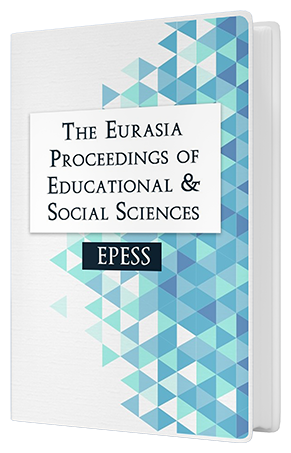Views of Primary School Teachers about Smart Board A Sample from Ağrı
Keywords:
Education, Technology, Smart boards, Primary school teachersAbstract
Smart boards are the important material of today's educational technologies. With the recognition of the contribution of smart boards to education, its usage has started to increase in our country as well. The numbers of the studies about the education technologies are also increased. In the related literature, there are studies about the use of smart boards in the lessons but there are few researches that reflect the opinions and experiences of primary school teachers about smart boards. The aim of this study is to examine the views of primary school teacher about smart board usage. Descriptive method was preferred in the study and a questionnaire including open-ended questions was used. The study included 30 voluntary primary school teachers from Doğubeyazıt, Ağrı. The data obtained from the responses of the teachers to the questions grouped based on their common points; the frequencies and percentages of these responses calculated. The findings of the study showed that the smart board is a useful technological material, it facilitates students’ learning and positively affects the students’ attitudes to the subject. It activates the students and attracts the attention of them. It is also seen that teachers’ knowledge about effective use of smart board is limited. They use the smart board as a projector. It is suggested that teachers should be given an in-service training course to teach different methods to use smart board.Downloads
Published
Issue
Section
License
Copyright (c) 2019 The Eurasia Proceedings of Educational and Social Sciences

This work is licensed under a Creative Commons Attribution-NonCommercial-ShareAlike 4.0 International License.
The articles may be used for research, teaching, and private study purposes. Any substantial or systematic reproduction, redistribution, reselling, loan, sub-licensing, systematic supply, or distribution in any form to anyone is expressly forbidden. Authors alone are responsible for the contents of their articles. The journal owns the copyright of the articles. The publisher shall not be liable for any loss, actions, claims, proceedings, demand, or costs or damages whatsoever or howsoever caused arising directly or indirectly in connection with or arising out of the use of the research material. All authors are requested to disclose any actual or potential conflict of interest including any financial, personal or other relationships with other people or organizations regarding the submitted work.




